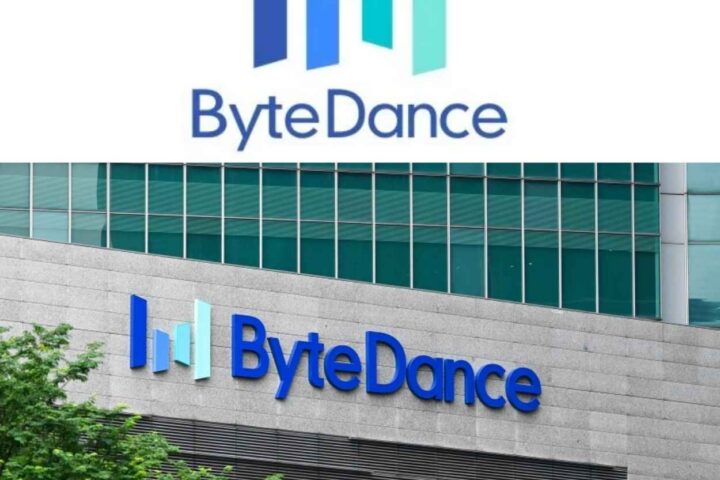As the internet increasingly becomes the go-to source for information on products and services, your online reputation has never been more important. Online reputation management (ORM) is the process of monitoring, identifying and influencing the digital footprints left by your brand.
Best reputation management offers many benefits for businesses of all shapes and sizes, but one of its top advantages has to do with brand awareness. In other words, ORM can help you become more visible and better-known online. Here’s a closer look at how.
What is Online Reputation Management?
Before we delve into how ORM, with the guidance of a brand identity consultant, can help boost your brand awareness, let’s take a step back and review what ORM is. As we briefly touched on above, ORM is the process of monitoring and influencing your brand’s digital footprint.
This digital track can take many different forms, from social media comments and online reviews to news articles and blog posts. Any time your brand is mentioned online, it leaves a mark that becomes part of your ORM strategy.
The goal of ORM, with the expertise of a brand identity consultant, is to protect and improve your brand’s reputation by managing these elements. This might involve identifying and responding to negative comments or reviews, promoting positive content about your brand, or proactively managing your social media presence.
By collaborating with a brand identity consultant, your ORM efforts can be more targeted and aligned with your overall brand positioning, resulting in a stronger and more consistent brand perception in the digital landscape.
What is Brand Awareness?
Brand awareness is the extent to which consumers are familiar with your brand and can recognize it when they see it. There are different levels of brand awareness, from complete unfamiliarity (when consumers have never heard of your brand before) to top-of-mind awareness (when your brand is the first one that comes to mind in a particular product category).
It’s important for the following reasons:
- It’s the foundation for all your marketing efforts: Brand awareness is the starting point for all your marketing efforts. If consumers aren’t familiar with your brand, they won’t be able to connect with your messaging or understand the value of your products and services.
- It drives purchase decisions: Even if consumers are only vaguely aware of your brand, that awareness can still influence their purchase decisions. A study by Nielsen found that brand recall (the ability to remember a brand after seeing it) is a major factor in purchase decisions, especially for household items and food and beverage products.
- It supports long-term business growth: Finally, brand awareness is important for business growth over the long term. The more aware consumers are of your brand, the more likely they are to think of you when they need a product or service that you offer. And that means more customers and revenue for your business in the future.
How Does Online Reputation Management Boost Brand Awareness?
Now that we’ve reviewed the basics of ORM and brand awareness, let’s take a look at how they intersect. Here are three ways that ORM can help boost your brand awareness:
1. It helps you lead the conversation about your brand.
One of the main benefits of ORM is that it places you in the driver’s seat of what people say about you online. Instead of just reacting to negative comments and reviews, you’re the one who decides what people see when they search for your brand.
This is accomplished by creating and promoting positive content about your brand, such as blog posts, social media posts, and positive reviews. By doing this, you can ensure that the top results for your brand are positive and informative, which can help improve brand awareness and perception.
2. It allows you to reach new audiences.
Another way that ORM can help improve brand awareness is by expanding your reach to new markets and audiences. When you create positive content about your brand, it has the potential to be seen by people who are not familiar with your brand yet.
For example, let’s say you write a blog post about the benefits of your product. If that blog post is picked up by a popular website in your industry, it could be seen by thousands of new people who were previously unaware of your brand. This is a great way to generate new leads and customers, and boost brand awareness at the same time.
3. It provides valuable insights about your customers.
Finally, ORM can provide valuable insights about your customers and their needs and wants. By monitoring what people are saying about your brand online, you can get a better understanding of what customers like and don’t like about your products and services.
This feedback can be incredibly valuable as you look to improve your products and marketing efforts. Additionally, it can help you better understand your target audience, which can be helpful in developing new marketing campaigns and strategies designed to improve brand awareness.
Conclusion
If you’re looking to improve your brand’s reputation and raise awareness, online reputation management is a great place to start. It can impact every aspect of your operation, from your marketing efforts to your relationship with your stakeholders, and eventually, your bottom line. Keep these three benefits in mind as you develop your own ORM strategy and look for ways to
















